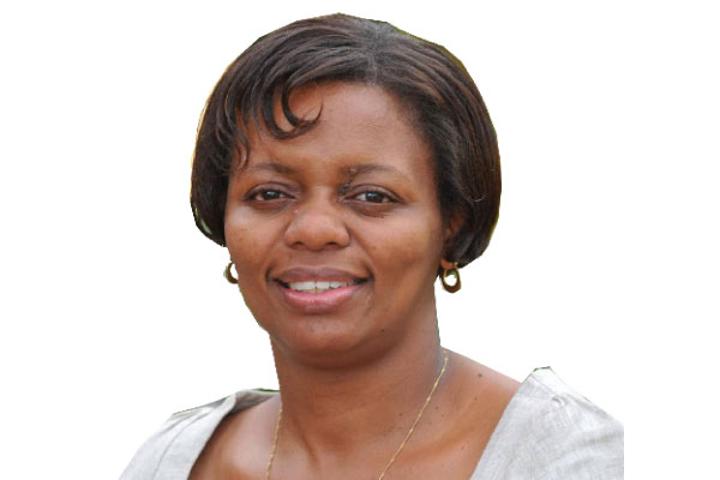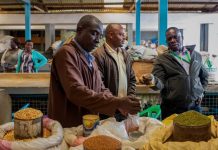Africa-Press – Uganda. This week, the world ticked off an important day in the United Nations (UN) calendar. March 8 has been celebrated as International Women’s Day since 1911. This year’s theme is: ‘Women in leadership: Achieving an equal future in a Covid-19 world.’
There is fascinating history to this day whose core colours of purple (justice and dignity), white (purity) and green (hope) underpin its essence, which is to celebrate the socioeconomic, cultural and political journey of women across the world.
More importantly, contrary to the tendency by especially some men in Uganda to trivialise it as, ‘one day for women in a year,’ Women’s Day is a reminder and call to action for governments and non-State actors to fasten efforts geared at achieving gender parity, justice and equity.
Uganda’s 1995 Constitution (as amended) and several policy documents of government and civil society, as well as international commitments to which our beautiful country is a party, underscore the need to accelerate efforts to address the limitations girls and women have to contend with in the attainment of such essentials of life as quality education, access to healthcare, sexual, reproductive and health rights, non-violence and economic emancipation.
In the context of a world moving towards recovery from the Covid-19 pandemic and its effects on our lives, the theme of this year’s Women’s Day could never have been more apt, especially considering that around the world, women and girls have suffered more social and economic hardships during this time.
It is against this background that we should all rise above the rhetoric and fanfare that sometimes characterizes this day.
Historically, the archives show us, the Socialist Party of the United States of America convened a Women’s Day in the city of New York on February 28, 1909 against the backdrop of a strike by thousands of women garment workers who dared to protest against squalid working conditions and agitate for voting rights.
Around that time, Germany, just like the Soviet Russia, was going through major socio-political changes, including the struggle for voting rights by and for women. In fact, when women in Soviet Russia attained suffrage in 1917, consensus was generated in Europe and elsewhere, to mark March 8 as International Women’s Day.
Between 1917 and 1967, this day was largely celebrated by countries that proclaimed communism and the socialist movement before the feminist movement started commemorating it and the United Nations in 1977 adopted it as an international day.
Therefore, this is not a day to just be ticked off the calendar, but a global celebration that calls for reflection by all stakeholders on the history of the women’s movement, the issues and context that led to the emergence of this day and an assessment of progress made in the various spheres of life over the last five decades. It is for that reason that March 8 was and is only a curtain raiser for more events this year.
According to UN Women, “the most important convening for gender equality investment and actions, kicks off in Mexico City from March 29 to 31 and culminates in Paris in June 2021. It will draw leaders, visionaries, and activists from around the world, safely on a virtual platform, to push for transformative and lasting change for generations to come.”
I hope our leaders in Uganda actively participate in these series of events not for sheer fulfilment of official duties, but with a view to generating sufficient knowledge and resource infrastructure to address the challenges of the day afflicting the Ugandan woman as she endeavours to recover from the Covid-19 pandemic.
More importantly, the government has sufficient policy framework (to base on) for actions geared towards addressing the challenges faced by women in Uganda.
This year’s Women’s Day should be a gentle reminder for State and non-State actors to work ever harder to actualise the commitments in the Sustainable Development Goals, our 1995 Constitution (as amended), the numerous policy proposals by civil society and the State’s own body of paper work on efforts to better the situation of the Ugandan girl and woman.
Ms Patricia Munabi Babiiha is a lawyer and the executive director, Forum for Women in Democracy (FOWODE)






